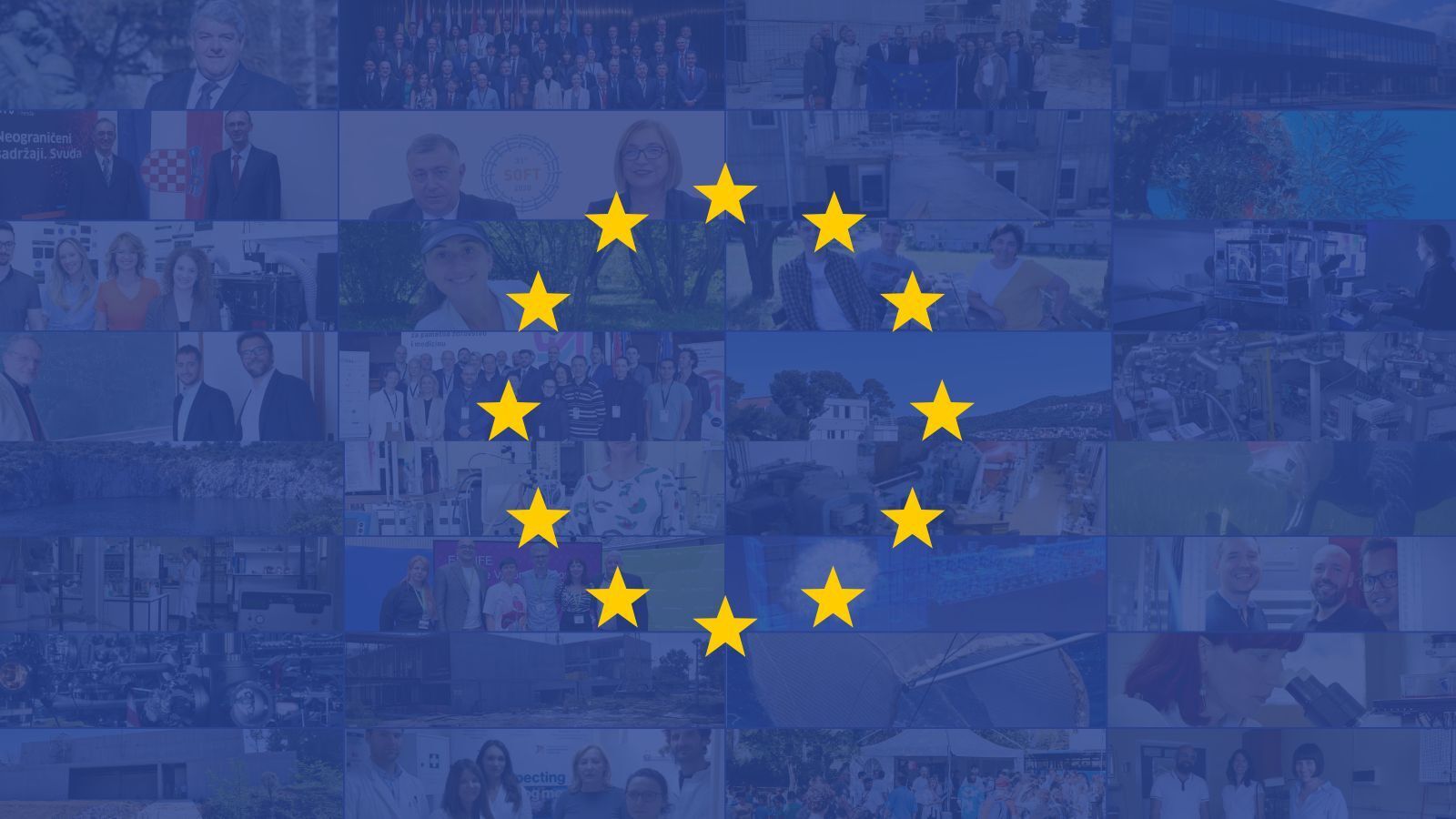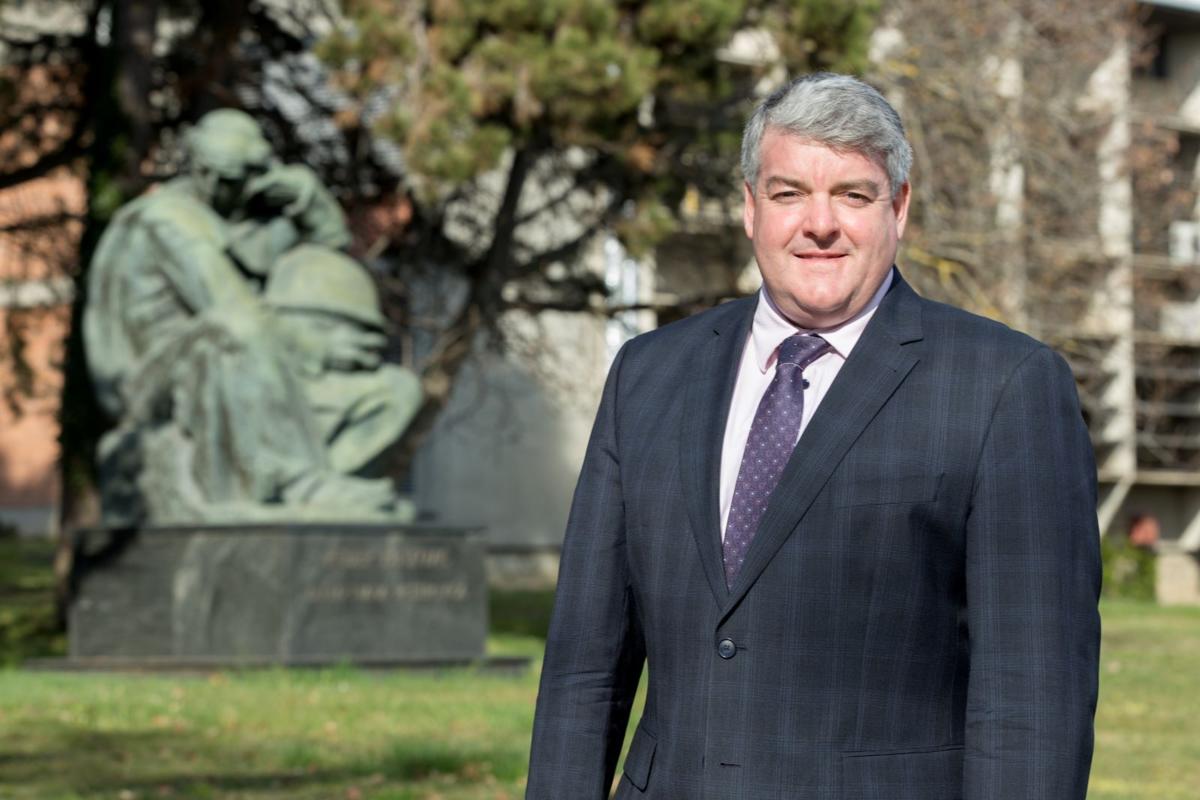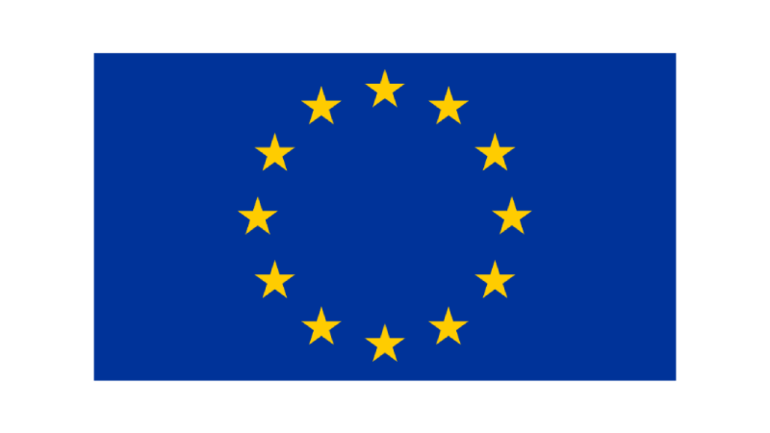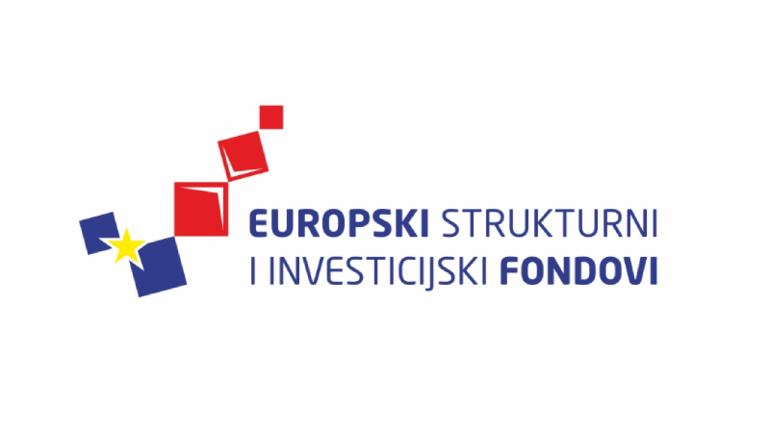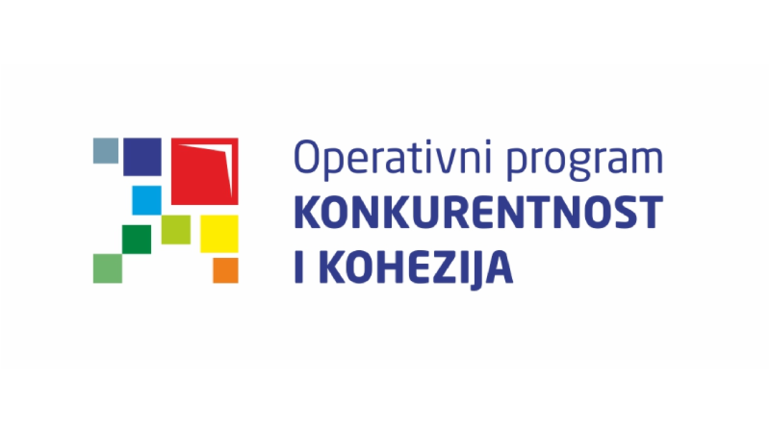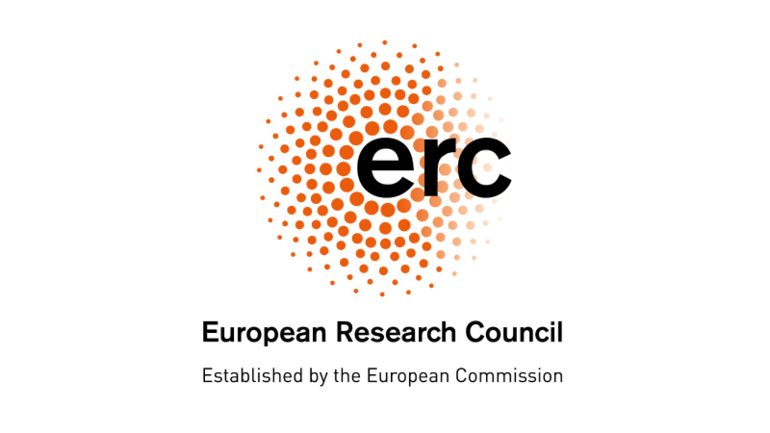EU accession in 2013 flung open the doors to Europe’s Framework Programmes for research and innovation. Yet even before joining, as an associated country under the Sixth and Seventh Framework Programmes, RBI researchers secured 33 projects worth €14.7 million. That momentum carried forward after accession: under Horizon 2020, RBI completed 38 projects valued at €16.2 million, earning its status as Croatia’s most successful scientific organization in that program. Since late 2021, under Horizon Europe, RBI has already secured 31 projects totaling €11.2 million.
“These achievements reflect the relentless dedication of RBI scientists, their commitment to excellence, and their agility in adapting to emerging research challenges. Our results demonstrate that Croatia boasts outstanding researchers and immense potential, what remains essential is ensuring they have the best working conditions,” emphasizes Dr. David M. Smith, RBI Director.
Science’s ‘Oscars’ at RBI
One of the clearest indicators of scientific excellence is the ERC grants, which are so fiercely competitive that only 8–13% of applications are successful. In Croatia, 11 ERC projects have been developed, and RBI proudly accounts for four of these prestigious grants. Professor Iva Tolić won ERC grants twice for her groundbreaking work on the mechanisms that lead to chromosome segregation errors and their impact on cell division, a process crucial for embryo development, cancer formation, and tissue response to therapies.
In 2015, Professor Ana-Sunčana Smith brought an ERC project to RBI focused on studying biological membranes to advance drug and therapy development. More recently, Dr. Jelena Bujan joined their ranks with a €1.5 million ERC grant to investigate the heat tolerance of ants under climate change, using the Adriatic islands as natural laboratories.
Mobility and Knowledge Exchange Programmes
Knowledge exchange and researcher mobility are vital for scientific breakthroughs. The Marie Skłodowska-Curie Actions (MSCA) fund these activities, and RBI has been exceptionally active, completing about ten MSCA projects under Horizon 2020. These initiatives have attracted talented early-career researchers to RBI and sent Croatian scientists to leading European labs. For example, through the MSCA Molecular Quantum Simulations (MOQS) project, RBI joined a consortium of six institutions and three companies in 2019, enabling an Italian doctoral candidate to conduct research under Dr. Fabio Franchini’s mentorship—an effort the European Commission hailed as an “MSCA success story” for countries like Croatia.
From Novel Materials to Fusion Energy
RBI’s contributions extend to fields once thought to belong to science fiction, such as nuclear fusion and quantum communications. Thanks to RBI’s initiative and Dr. Tonči Tadić’s leadership, Croatia joined EUROfusion—the world’s largest consortium for fusion research, involving 27 countries collaborating on the ITER experimental reactor. Simultaneously, through the IFMIF-DONES project, Dr. Tadić’s team is coordinating tests of new materials resilient to radiation and extreme temperatures, positioning Croatia at the forefront of preparing for future fusion reactors and power plants. DONES is the second most significant device in the global fusion energy project after ITER—and the first ESFRI project where Croatia plays a key role.
In advanced materials, projects like ReMADE@ARI led by Dr. Zdravko Siketić and Micro4Nano headed by Dr. Ivor Lončarić see RBI researchers developing biodegradable, recyclable materials and nanotechnologies with potential medical and industrial applications. Their work aims to create materials that are both eco-friendly and functionally superior.
Director General David Matthew Smith, Ph.D.
Digital and Green Agendas: Quantum Communication, Blockchain, AI, and Sustainability
Data security and digital innovation are accelerating, and RBI has delivered notable successes. In 2020, a team of RBI quantum physicists, led by Dr. Martin Lončarić and Dr. Mario Stipčević, conducted the world’s first public demonstration of an inter-European quantum communication network alongside colleagues from Italy and Slovenia. Today, RBI researchers play a central role in the Croatian Quantum Communication Infrastructure (CroQCI) project, a cornerstone for secure digital communication in Croatia and beyond.
As a forward-looking institute, RBI actively engages with EU priorities like digital transformation and the Green Deal. The Centre for Informatics and Computing (CIR) is part of the European Blockchain Services Infrastructure (EBSI) consortium gathering 24 organizations across 14 countries developing a distributed network for secure transactions and services EU-wide. At the RBI, the project is coordinated by Dr Karolj Skala. Through this project, Croatia contributes to the foundation of future, blockchain-secured digital public services, from registries to e-identities.
In healthcare AI, RBI coordinates the European Digital Innovation Hub (EDIH) ‘AI for Smart Healthcare and Medicine’ (AI4HEALTH.Cro), funded by Croatia’s national recovery plan and the Digital Europe Programme under Horizon. Led by Dr. Anja Barešić and involving 15 partners, the hub fosters AI-driven medical innovations, helping Croatia keep pace with Europe’s healthcare transformation and positioning RBI as a bridge between science, medicine, and industry.
Simultaneously, RBI dedicates significant attention to sustainable technologies and environmental protection. Its scientists participate in European projects on advanced batteries, solar cells, biomaterials, and recyclable polymers designed to replace harmful plastics. In marine and environmental research, RBI leads initiatives like MARBLE, under Dr. Neven Cukrov, where autonomous robots monitor sea conditions to aid in conserving the Adriatic ecosystem.
Through its EU-funded sustainability projects, RBI helps Croatia contribute meaningfully to the European Green Deal.
O-ZIP: A Tangible Symbol of a Modern Institute
Perhaps the most visible sign of EU membership’s impact on RBI is the skyline of cranes and new laboratories on campus. The Open Scientific Infrastructural Platforms for Innovative Applications in the Economy and Society (O-ZIP) project is an ambitious modernization effort exceeding €100 million, co-financed by EU structural funds.
By consolidating RBI’s strongest research segments into purpose-built facilities, O-ZIP will provide scientists with state-of-the-art conditions. As Croatia marks 12 years of EU membership, the Ruđer Bošković Institute reaffirms that the synergy of local expertise and EU instruments paves the way to scientific independence and global recognition.


